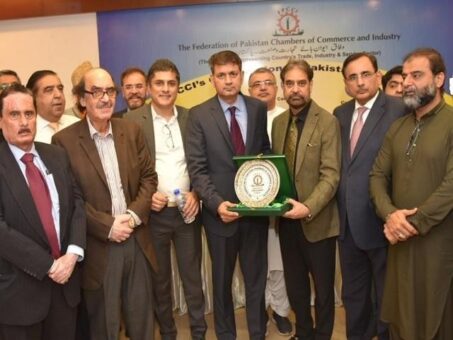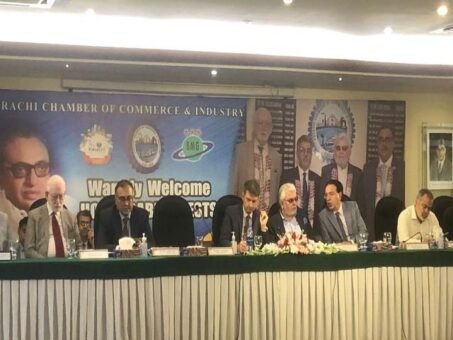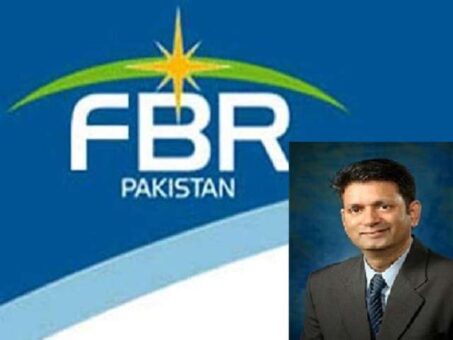KARACHI: Karachi Tax Bar Association (KTBA) has recommended abolishing minimum tax for listed companies and should be reduced in other cases.
The tax bar in its proposals for budget 2022/2023 urged the Federal Board of Revenue (FBR) to rationalize minimum tax rates in the forthcoming budget.
READ MORE: KTBA suggests reduction in corporate tax rate to 25%
Currently rate of minimum tax under Section 113 of the Income Tax Ordinance, 2001 is 1.25 per cent of the turnover.
“This yields in increased cost of doing business and is regressive taxation. The rate assumes that there is certain percentage of profit earned by the Corporate Sector which is not the fact in all cases,” the tax bar said.
It proposed that the minimum tax on listed companies should be abolished and in other cases the rate of minimum tax should be gradually reduced by 0.2 per cent annually so that by Tax Year 2025 the rate shall be reduced up to 0.5 per cent.
READ MORE: Tax incentives proposed for making new investments
The receipts now brought under Minimum Tax [from Final Tax Regime (FTR)] should be exempted from levy of minimum tax, it further proposed.
The tax bar said that removal of minimum tax will promote industrialization.
In another proposal, the tax bar urged the FBR to allow exemption of minimum tax to companies already exempted from income tax.
READ MORE: Tax credit extension for employment generation
The KTBA said that the legislature has conspicuously provided tax exemption to various entities under the Part I of the Second Schedule of Income Tax Ordinance, 2001. Such entities are however subject to payment of minimum tax unless specifically exempted under Clause 11A of Part IV of 2nd Schedule.
In case, the corporate income tax is exempt there remains no point to levy minimum tax also. The clause 11A should provide blanket exemption U/s. 113 of the Ordinance for entities exempt under Part-I, 2nd Schedule to the Ordinance. A negative list may be prescribed.
READ MORE: Reintroduction of tax credit on registered sales proposed
“Harmonization of substantive and procedural requirements so that exemption of income enshrined in the Part-I is actually availed by such exempt entities,” the tax bar said.
The KTBA urged the tax authorities to abolish Alternate Corporate Tax (ACT) in the forthcoming budget.
As per section 113C of Income Tax Ordinance, 2001, tax payable by company is subject to tax under Division-II Part-I of 1st Schedule or minimum tax or ACT whichever is higher.
This increases the cost of doing business and results in regressive taxation. “It is proposed that ACT Should be abolished,” it said.
“There is already a minimum tax regime which imposes tax on the gross turnover U/s. 113, alongside minimum tax regime for supplies, services, under various sections of the Ordinance and hence ACT is only increasing the complexity of the computations,” the KTBA added.




